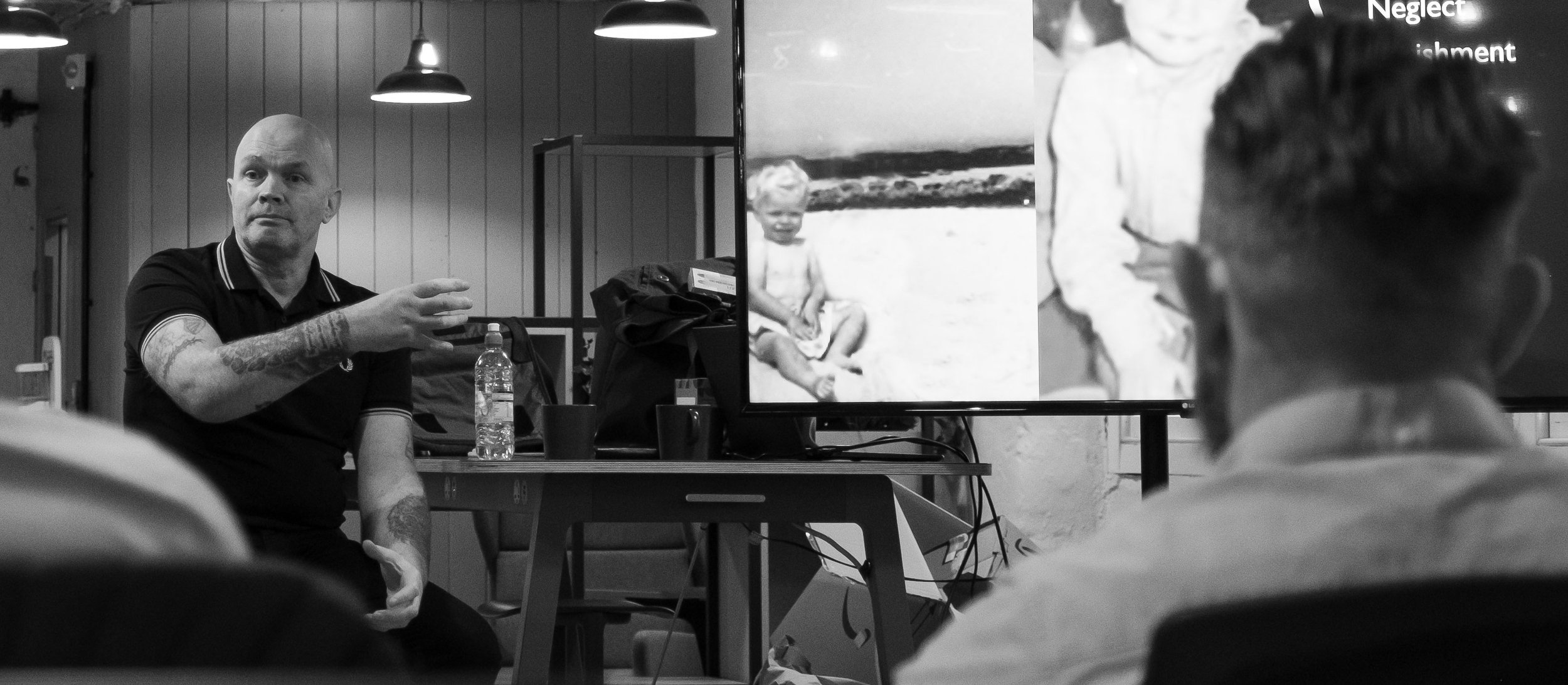
Resilience Coaching
What is a resilience coach?
Coaching is where someone aims to help and empower others to make, meet and exceed personal and professional goals. This can be by excelling in your career, finding happiness, good health, exploring the self and the world and achieving ambitions.
This will be done by harnessing specialist techniques based on core psychological principals and natural intuition, life coaches provide clients with the tools to confidently face difficult situations, push past emotional barriers and eventually view life with a more fresh positive and hopeful outlook.
Just as a sport coach enables sportsman/woman to hone themselves into the fastest, strongest most tactical competitors in their disciplines, coaching helps people from all personal and professional backgrounds improve their strengths and build upon their weaknesses to make the most of their lives. It is a practical, problem solving approach to supporting people in moving forward in all areas of their lives.
A life coach will not attempt to give out advice, this is because, giving advice is a way of imposing a personal view of the world onto the client ( the client may or not share the same view) also, it is not the coaches job to become personally involved in a client’s life. Coaching is about objectivity, structure and empowerment, not instruction or indoctrination.
A coach will help identify where the client is in the now, where they want to be, and how to get there. Then the coach will assist the client by keeping them on track until they achieve their goals. This will be done with the coach not imposing their own ideas on their client and not showing them how to do things. The coach’s role is to assist people find their own way, whether this would not be the way the coach would do it. At the centre of it all lies the idea clients must be given the powers to help themselves.
Life coaching can help with:
Building a life/work balance that is fulfilling
Relaxation skills
Improving your health and well-being routines e.g. diet, exercise
Help with stress and looking at the triggers of stress
New strategies
Focusing on what you truly desire
Improve your self-esteem and confidence
Fears
Work performance
Relationships
Putting together a life plan, understanding your aims and goals
Improving your ability to relate to others
Improving your awareness of ourselves
Improving your self-discipline and motivation
Discover how to identify and understand your skills, strengths and weaknesses
Motivation
The coach helps identify where the client is now, where they want to be and how to get there; and then keeps them on track until the achieve their goals.